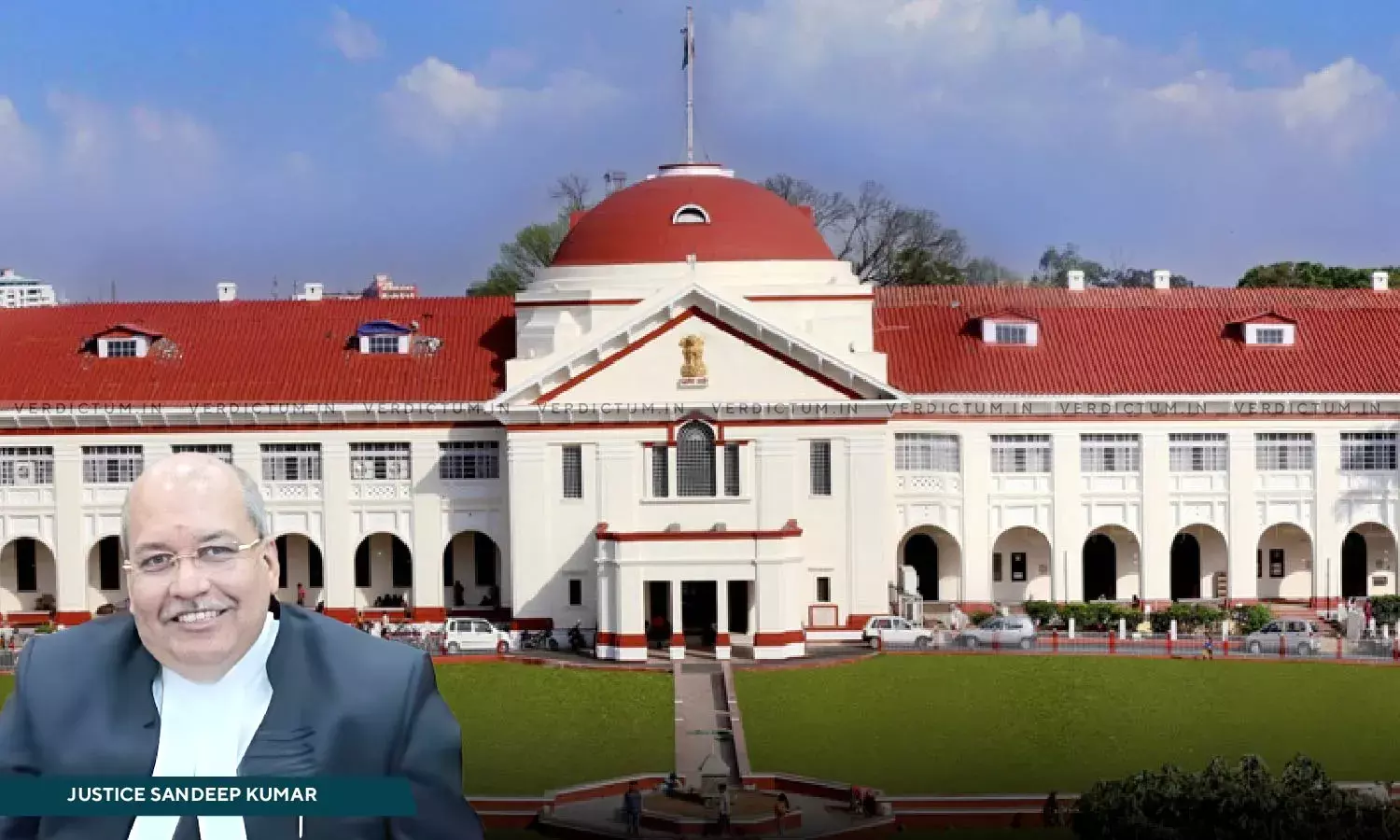Section 195(1) CrPC | Magistrate Can Accept Written Complaints From Public Servants Only: Patna HC Quashes Case Against Navjot Singh Sidhu

The Patna High Court held that under Section 195(1) of the Criminal Procedure Code, 1973 (CrPC) a magistrate can accept written complaints solely from public servants and not any private individual.
The Court quashed the case against Navjot Singh Sidhu, a government minister in Punjab, under Section 188 of the Indian Penal Code, 1860 (IPC) and Sections 123(3) and 125 of the Representation of People Act, 1951 (RP Act).
The Bench of Justice Sandeep Kumar observed, “From the discussions above, it is clear that under Section 195 of the Cr. P.C., there must be a complaint by the Public Servant whose lawful order has not been complied with and the complaint must be in writing”.
Senior Advocate Ramakant Sharma appeared for the Petitioner and Additional Public Prosecutor Jharkhandi Upadhyay appeared for the Respondents.
The case involved allegations for violating the model code of conduct during a public gathering organized by the Indian National Congress at Utkramit High School. The violation was reported by VST, Barsoi, based on a recording of the Petitioner's address. The AEO Katihar, Barsoi, concluded that the petitioner breached the code of conduct. The informant further claimed that Sidhu appealed for votes on religious grounds, violating restraining orders.
An Application was filed before the High Cout seeking to quash an FIR filed under Section 188 of the IPC and Sections 123(3) and 125 of the RP Act.
The Court noted that the petitioner was accused of violating restraining orders by making religious-based vote appeals during a public rally. The Petitioner's statement was quoted from the case diary, emphasizing the alleged violation. Regarding the charge under Section 188 of the IPC, the Court noted that the FIR was based on a report by the Assistant Engineer. The Court examined Section 195(1) of the CrPC, which places restrictions on the court's cognizance of offences under Section 188 of the IPC unless the complaint is filed by the public servant concerned or an administratively subordinate public servant. The Court observed that the opposite party filing the complaint was not the concerned public servant, lacked administrative authority, and failed to provide details of the offence.
Furthermore, the Bench noted that according to Section 195 of the CrPC, a written complaint by a public servant whose lawful order was violated is mandatory. Non-compliance with this provision renders the prosecution, along with all subsequent actions, including investigation and cognizance following FIR registration, illegal.
“The provisions of Section 195 of the Cr.P.C. are mandatory and the non-compliance of these provisions would vitiate the prosecution and all other consequential orders/ proceedings. Since the complaint has been filed against the mandatory provision of Section 195(1) Cr.P.C., all subsequent action shall be held to be illegal i.e., the investigation and the cognizance pursuant to the registration of the F.I.R”, the Bench noted.
The Court noted that the trial court and investigating authorities have acted without jurisdiction, violating CrPC provisions by taking cognizance under Section 188 of the IPC based on a police report. The FIR, initiated on a letter from the Assistant Engineer, lacks the required jurisdiction and authority, violating Section 195(1) of the CrPC. The Court observed that the allegations of violating the model code of conduct and seeking votes based on religion are unfounded, as the speech merely highlights Owaisi's attempt to divide votes without promoting enmity or communal tension.
Additionally, the bench observed that to prosecute the Petitioner under Section 123(3) of the RP Act, there must be an appeal related to voting on specific grounds. The Court held that the Petitioner did not make such an appeal but merely discussed Mr Owaisi's party formation to divide votes.
The Court added, “for prosecuting the petitioner under Section 123(3) of the Representation of the People Act, 1951, a person should appeal for voting or refrain from voting for any person on the ground as mentioned in Section 123(3) of the Representation of the People Act, 1951”.
Consequently, the Court held that the Petitioner cannot be prosecuted under Section 125 of the RP Act, as there is no evidence of promoting feelings of enmity or hatred based on religion, race, caste, community, or language.
Accordingly, the Court allowed the application and quashed the impugned order.
Cause Title: Navjot Singh Sidhu v The State of Bihar

